Learn to distinguish the difference between errors of knowledge and breaches of morality
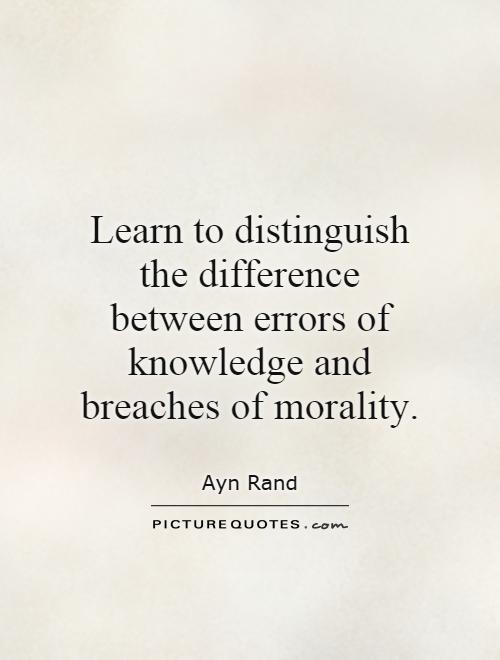
Learn to distinguish the difference between errors of knowledge and breaches of morality
In the philosophy of Ayn Rand, the concept of distinguishing between errors of knowledge and breaches of morality is a crucial aspect of her Objectivist ethics. Rand believed that individuals should strive to live their lives according to rational self-interest, pursuing their own happiness and flourishing as the highest moral purpose. In this context, understanding the difference between errors of knowledge and breaches of morality is essential for making ethical decisions and taking responsibility for one's actions.Errors of knowledge refer to mistakes or misunderstandings that individuals may make due to lack of information, faulty reasoning, or cognitive biases. These errors can lead to incorrect beliefs or actions that are not in line with reality or objective truth. In the Objectivist framework, errors of knowledge are seen as a natural part of the human experience, as individuals are fallible and may not always have access to complete or accurate information. However, Rand emphasized the importance of actively seeking knowledge, using reason to evaluate evidence, and correcting errors through critical thinking and self-reflection.
On the other hand, breaches of morality involve actions that violate the principles of rational self-interest and the rights of others. These actions are considered immoral because they harm individuals or infringe upon their rights to life, liberty, and property. In the Objectivist ethics, breaches of morality are seen as deliberate choices that individuals make to act against their own long-term interests or the interests of others. Rand argued that morality is not a matter of subjective opinion or social convention, but an objective standard based on the requirements of human life and flourishing.
By learning to distinguish between errors of knowledge and breaches of morality, individuals can make more informed and ethical decisions in their lives. They can recognize when they have made mistakes or misunderstood a situation, and take steps to correct their errors through further investigation and learning. At the same time, they can also hold themselves accountable for their actions and avoid engaging in behaviors that harm themselves or others. In the Objectivist philosophy, the ability to differentiate between errors of knowledge and breaches of morality is a key aspect of living a rational, virtuous, and fulfilling life.

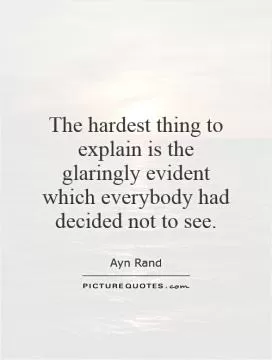
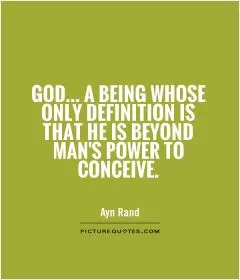
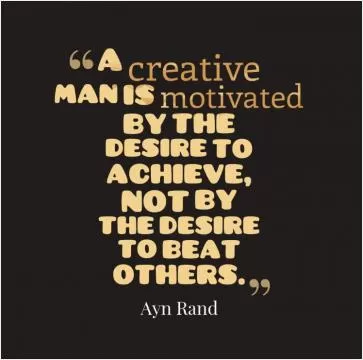

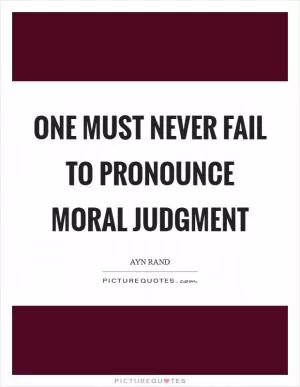

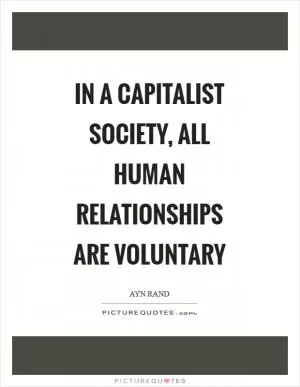

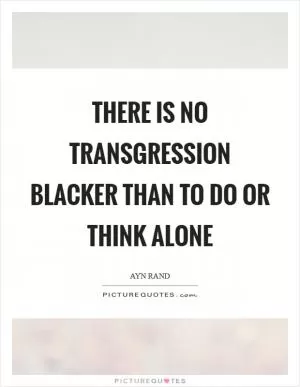
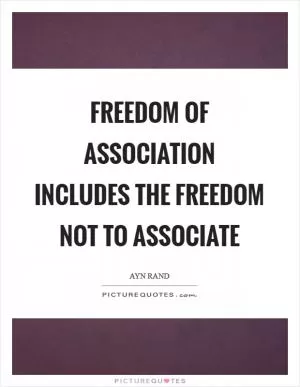

 Friendship Quotes
Friendship Quotes Love Quotes
Love Quotes Life Quotes
Life Quotes Funny Quotes
Funny Quotes Motivational Quotes
Motivational Quotes Inspirational Quotes
Inspirational Quotes